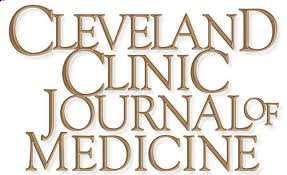Digoxin, derived from the foxglove plant, maintains a nuanced position in modern cardiology despite its long history. This CCJM “From the Editor” examines the current status of digoxin in treating heart failure and atrial fibrillation, highlighting its unique pharmacodynamic effects, potential benefits, and the importance of careful monitoring to prevent toxicity.
Key Points:
- Digoxin’s use has significantly decreased due to newer medications, but it still holds a place in guidelines for managing atrial fibrillation and heart failure.
- The drug has positive inotropic effects on cardiac myocytes and vagomimetic effects that can slow ventricular response in atrial fibrillation.
- The Digitalis Investigation Group study showed digoxin reduced hospitalizations and heart failure-related deaths in patients with reduced ejection fraction, though it did not improve overall mortality.
- Monitoring drug levels is crucial to minimize toxicity, as digoxin has a narrow therapeutic window with significant individual variability.
- For select patients with permanent atrial fibrillation, digoxin may improve exercise tolerance and well-being, though it may not be as effective as beta-blockers for rate control during exercise.
- Active clinical trials are still exploring digoxin’s potential benefits in heart failure treatment.
- Physicians should consider digoxin as a potential option for some patients, while acknowledging its risks and utilizing clinical laboratory monitoring

“It is certainly a very active medicine, and merits more attention than modern medicine bestows upon it.”
– William Withering, 1776
More on Atrial Fibrillation

